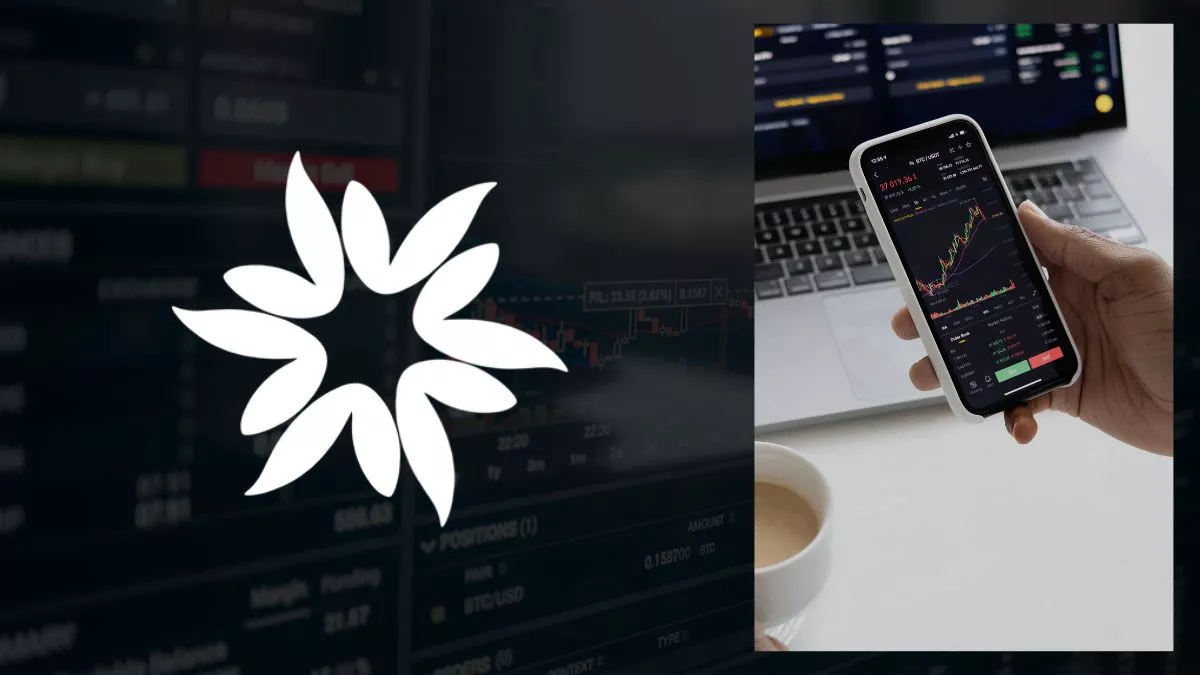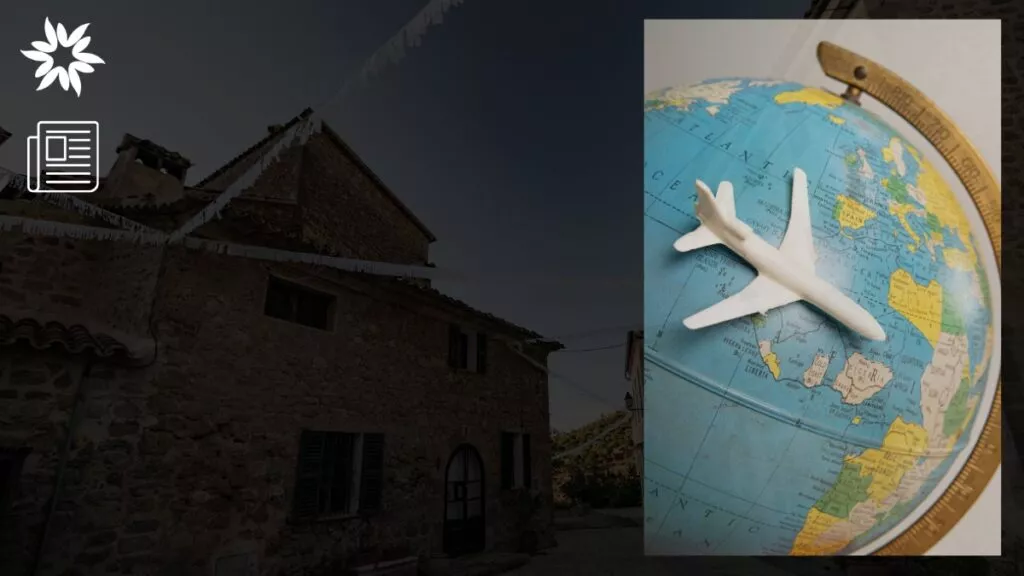Planning another trip and want to avoid making the same money mistakes as last time?
We’ve all been there—paying surprise fees when exchanging currency or finding out too late that you didn’t get the best deal.
No worries; let’s go over some easy tips to help you save more cash and avoid the usual traps when handling foreign currency.
Key Takeaways
- Your bank or credit union is often the best place to exchange currency, as they give you better rates and lower fees than airport kiosks or currency exchange services.
- Currency exchange kiosks at airports typically offer unfavorable rates and high fees, making them a costly option for travelers.
- To avoid unnecessary costs, pay in local currency and use cards that do not charge foreign transaction fees.
1. Use Your Local Bank or Credit Union
Before you travel, it’s best to exchange your money at your local bank or credit union.
These places usually give you better exchange rates because they deal directly with currency markets and often don’t charge much fees, especially if you’re a customer.
Unlike currency exchange kiosks or online services that add extra costs, banks and credit unions tend to offer rates close to the actual market rate.
For example, big banks like Chase or Bank of America might have international branches or partnerships with foreign banks, which can help you save on fees abroad.
Just remember, not all banks have every foreign currency available, so give them a call ahead to check if they have what you need. If they have to order it, it might take a few days, so plan this step before your trip.
2. Use Foreign ATMs
When traveling, using ATMs connected to your bank’s network is often one of the cheapest ways to get local currency.
Many banks have partnerships with international banks so you can withdraw cash from foreign ATMs with low or no fees.
For instance, banks like HSBC or Citibank have wide networks where you can get cash without extra charges.
And some credit unions are also part of global ATM networks like the CO-OP Network, which can help you avoid out-of-network fees.
However, taking out larger amounts at once is usually better to avoid frequent ATM fees.
Just be careful with Dynamic Currency Conversion (DCC), where the ATM tries to convert the transaction to your home currency.
Pro tip: Always choose to be charged in the local currency to get better rates.
3. Try Online Currency Exchange Platforms
Online services like Wise (formerly TransferWise) are great for getting good exchange rates with low fees.
Wise, for example, offers the actual market rate you see on Google or XE, with a small, clear fee added.
Usually, this is cheaper than using traditional banks or exchange services, which often hide extra costs in their rates.
Not to mention, these platforms are especially helpful if you must send money internationally or manage money in different currencies.
With a Wise multi-currency account, you can hold and switch between over 50 currencies. That way, you can spend like a local without worrying about exchange fees.
The cherry on top is that this service is available in over 170 countries and can easily be linked to your mobile wallet for added convenience.
4. Avoid Airport and Tourist Exchange Kiosks
This is a big one: Avoid changing money at airports or in tourist spots whenever you can. More often than not, these places have terrible exchange rates and high fees because they know travelers might not have planned ahead – they’re sneaky like that.
For example, airport kiosks often raise the exchange rate by 10-15% more than the standard rate, so you’ll usually get a fair bit less than you usually would.
Tourist spots also have exchange booths that work the same way, where you’ll be charged more for convenience.
What’s crazy is they might even add extra fees or commissions on top of the bad exchange rate.
To dodge these rip-offs, it’s best to change your money before you leave home or use an ATM at your destination for better rates.
5. Use Credit Cards with No Foreign Transaction Fees
The next tip might save you some hassle–using a credit card that doesn’t charge foreign transaction fees is a smart way to avoid extra costs when you’re traveling.
Thankfully, many big credit card companies offer these types of cards, which let you make purchases abroad without the usual 2-3% fee that other cards charge for using foreign currency.
Also, these cards tend to give you the best exchange rates since they process transactions at the standard mid-market rate, which is better than most currency exchange services.
Some popular no-fee cards include the Chase Sapphire Preferred, Capital One Venture Rewards, and Bank of America Travel Rewards cards.
6. Try Peer-to-Peer Currency Exchange
Next up, we’ve got Peer-to-peer (P2P) currency exchange platforms. The beauty of these platforms is that you get better rates as they cut out the middlemen like banks or exchange services.
Services like WeSwap and CurrencyFair connect people who want to trade currencies directly, so they have more competitive rates.
However, the main benefit of using P2P platforms is that you can often get the standard mid-market rate with much lower fees than traditional services. So, make sure to use trustworthy platforms to keep your transactions safe.
In addition, some P2P platforms let you set alerts for when the rate you want is available or even allow you to choose your exchange rate, which will be matched when another user agrees.
As you can imagine, this can be especially helpful for frequent travelers or those who need to exchange a lot of money.
7. Prepaid Travel Cards
Prepaid travel cards can undoubtedly be a handy and safer option than carrying cash when traveling abroad.
You load money onto the card in your home currency, and then you can use it to buy things or withdraw cash in the local currency of wherever you’re visiting.
Another plus is these cards often give you pretty good exchange rates, similar to those offered by banks or online platforms.
Advantages:
- Security: Since the card is prepaid and not tied to your bank account, your main finances are protected if the card gets lost or stolen.
- Budgeting: Loading a set amount onto the card helps you stick to a travel budget because you can only spend what’s on the card.
- Multi-Currency: Some cards let you hold multiple currencies simultaneously, which is great if you visit several countries.
Potential Drawbacks:
- Fees: Beware of fees, such as loading fees (a percentage of the amount you load), inactivity fees if you don’t use the card for a while, and ATM withdrawal fees.
- Exchange Rate Lock-In: Locking in an exchange rate ahead of time can be good if the currency strengthens, but it could be a downside if the rate improves after you’ve loaded the card.
So, if you’re planning a trip, the Travelex Money Card and Revolut card can be really handy. They let you load different currencies and track your balance from your phone.
It’s important, though, to take a moment to read the terms and conditions so you’re aware of any fees and limitations.
8. Exchange Leftover Currency Wisely
After your trip, you might end up with leftover foreign currency. Instead of letting it go to waste, here are some ways to make the most of it:
Exchange at Your Bank:
- Buyback Programs: Some banks will buy back your leftover currency at a decent rate, but these rates might not be as good as when you first exchanged your money.
Thus, check with your bank before your trip to understand their buyback policies—some banks might only take notes, not coins, and may charge a fee.
Use at the Airport or for Last-Minute Purchases:
- Spend Before You Leave: Consider using your leftover cash at the airport for things like food, drinks, or souvenirs.
Airport shops and services usually accept local currency, which can be a convenient way to avoid bringing small amounts of foreign cash back home.
- Donate to Charity: Many airports have donation boxes where you can drop off leftover foreign currency to support various charities.
Save for Future Travel:
- Reuse Currency: If you travel often, it might be worth keeping some currency for your next trip to the same country or region. Some currencies, like the Euro, are used in multiple countries, so they can be helpful to hang onto.
Plan Ahead to Save on Currency Exchange
So, there you have it! A little planning can save you money on currency exchange during your travels abroad.
If you know where to exchange your money, understand the fees, and use your cards smartly, you’ll keep more of your hard-earned cash for the fun stuff—like exploring new places and trying local foods.
So, before your next trip, remember these tips, and you’ll avoid costly mistakes.
Happy travels!








